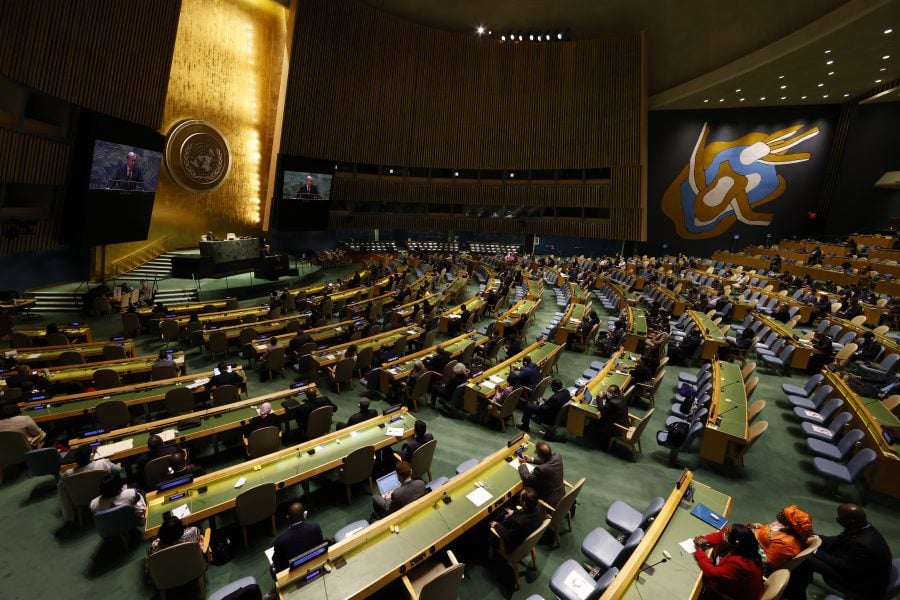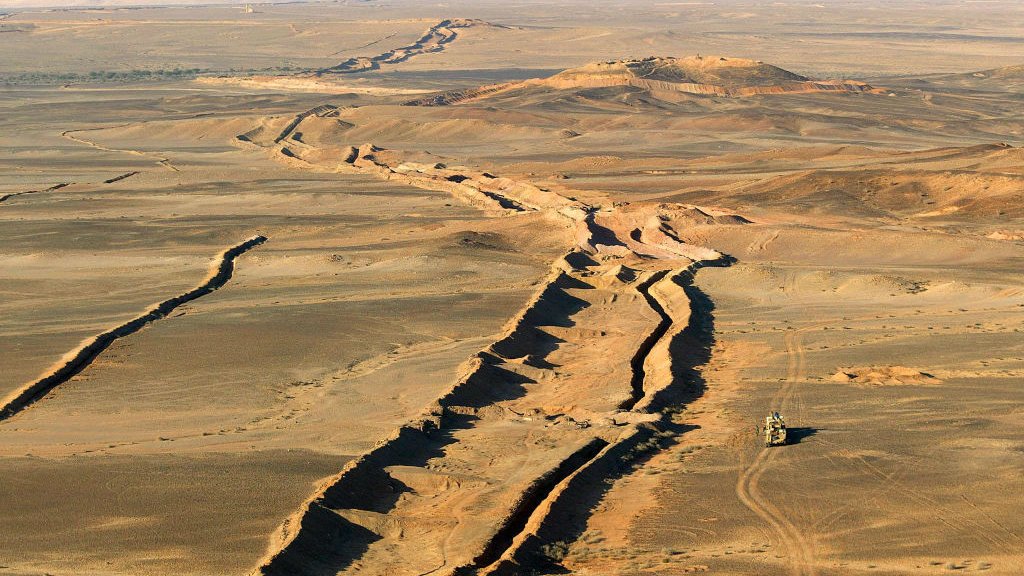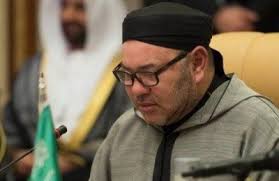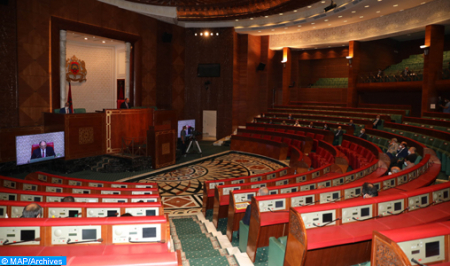The Algerian regime and their Polisario puppets are intensifying their hostile campaign against Morocco’s territorial integrity and sovereignty over its Sahara as the UN Security Council braces for receiving briefings on the Sahara before renewal of MINURSO mandate to expire on October 31.
Availing the opportunity of the meeting of UN fourth Committee convening in New York, the enemies of Morocco’s territorial integrity tried in vain to build on the biased and politically-motivated ruling issued by the European Court of Justice on Morocco-EU fishing & farming deals but several UN petitioners stood up against them, exposing their lies, deceit and false propaganda.
Moulay Brahim Chrif of Smara Commune called on those who have gone astray to listen to their conscience and reflect on what would best serve their interests and “the interest of our homeland, first and foremost, because this great homeland Morocco is what will bring us all together”.
He said he was elected Head of the Council Smara through “free and fair elections where Sahrawi voters participated in record numbers,” affirming that this has given him the legitimacy to represent the local Sahrawis at the UN.
Morocco’s autonomy plan is an opportunity to leave behind the painful past and open a new page, he said, adding that it grants the local Sahrawi inhabitants important privileges enabling them to manage their own affairs.
For the Head of Smara Council, the autonomy plan is “a peaceful and democratic solution”, which will enable Moroccan Sahara manage its own resources with due respect for the idiosyncrasies of the region and for Morocco’s sovereignty and territorial integrity.
For his part, Hormatollah Erragheb, Mayor of Dakhla, said he was elected in free elections with very high voter turnout, drawing a line between “true Sahrawis” and “pseudo-Sahrawis”.
He said the Polisario front “does not represent” him or the people who elected him, affirming that the true representatives of the Sahrawis are those who are elected by people living in the Moroccan Sahara, while “the others represent only themselves.”
Mrs. Leila Dahi, member of the National Rally of Independents in the Laayoune-Sakia El Hamra region, said the progress accomplished in the Moroccan Sahara over the past five years has “surprised foes and enemies of Morocco”.
She recalled the growing international support for Morocco’s territorial integrity and autonomy plan, citing in this regard the supportive stand expressed by several countries including France, Germany, Cyprus, Denmark… that “had to reconsider their position and come out from grey zone” by explicitly recognizing the Moroccan identity of the Sahara.
Thirty States, including many African States, have opened consulates in Laayoune & Dakhla, a move confirming their recognition of the Moroccanness of the Sahara, she said .
Mrs. Vivian Eads of NGO Capitol Hill Prayer Partners also commended Morocco’s autonomy plan, deploring the lamentable situation of youth in the polisario-controlled Tindouf camps and the lack of options for their future.
The changing geopolitical situation in and around the camps affects regional security, she said, warning against Polisario’s ties with rogue gangs threatening peace and stability in the region.
Vivian called for comprehensive data collection on those who live in the Tindouf camps, saying that the lack of information on how many people need and receive humanitarian aid is “a puzzle that places a doubtful cloud” over the resolution of this issue.
Several other speakers sounded the alarm bell over the education of children in Tindouf camps, among them Michelle Mason, who said the UN must “defend the children” there. Polisario front is an epicentre of child soldier training, she said, noting that the separatist group uses children as human shields.
The Polisario also takes time to groom children to fight in a war, she stressed, adding that their adult mentors drum hate into their minds over the years of schooling. They make children see themselves as victims of Morocco.
The international community must not remain silent while children are taught victimhood, added Michelle Mason, stressing the need to implement Morocco’s autonomy plan because the North African Kingdom has infrastructure in place to help children settle into normalcy quickly.
The representative of Guyana said the resolution of the Sahara dispute would contribute to the stability in the Sahel region. The Delegate of Côte d’Ivoire commended Morocco’s commitment to the UN-led political process on Sahara.
Underscoring the need to focus on a political solution through compromise, he voiced full support for the Moroccan autonomy initiative, which is in line with the UN Charter, Security Council resolutions as well as international law.
The initiative “provides the inhabitants of the Moroccan Sahara with major political, economic and social prospects”, he said, voicing concern about the human rights situation in the Tindouf camps.



